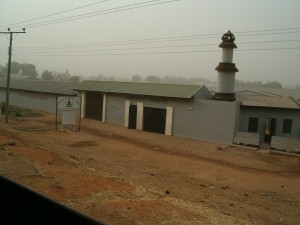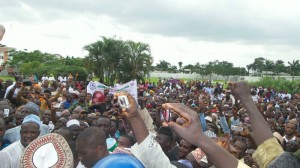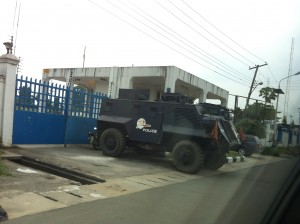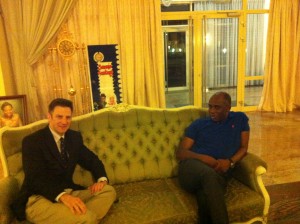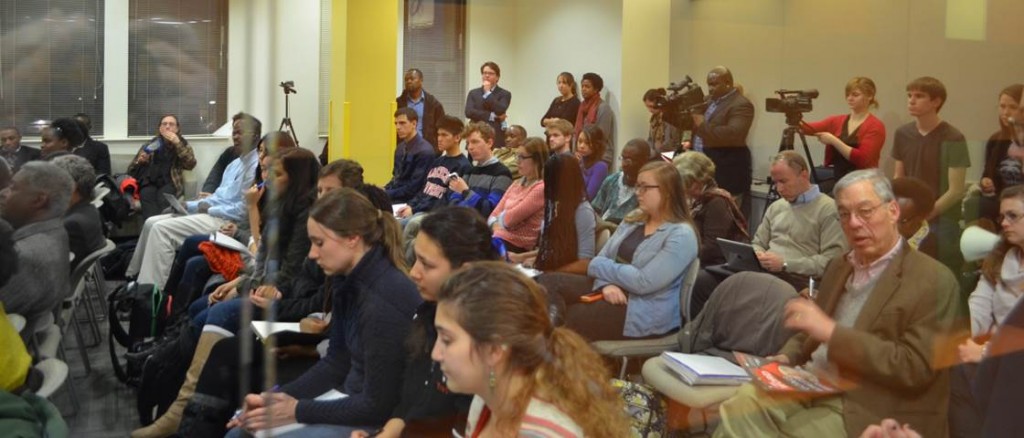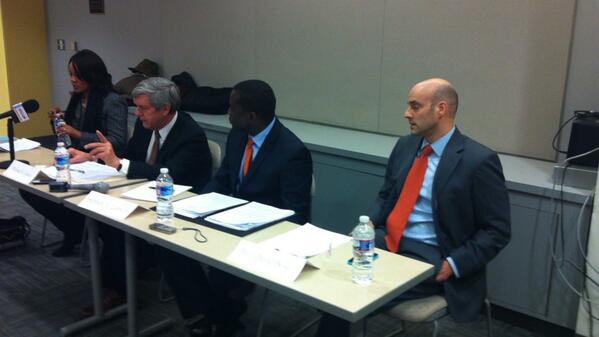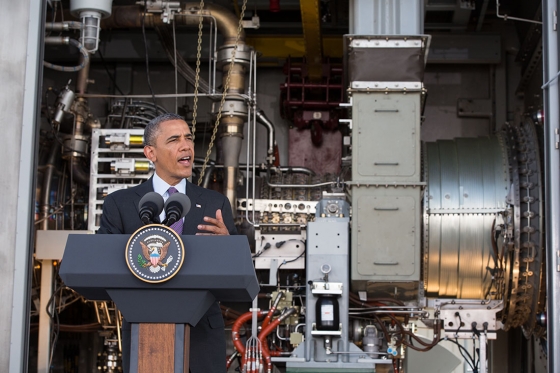Some of the most interesting and practical suggestions sprouting up from the grassroots have not been making their way into the broader discussions about finding Nigeria’s missing girls. Here are some ideas threaded together, based on my daily conversations with civil society organizations, government officials, and international solidarity activists.
There is already a larger conversation about medium and long term strategies, including a good overview in the recent International Crisis Group report on Boko Haram. Perhaps the most comprehensive – and consistently ignored – list of suggestions came from the Nigerian Institute for Policy and Strategic Studies in 2012. The U.S. Institute of Peace has also recently engaged the northern governors on how to move forward, and provided them with a politically neutral ground for discussion. Future publications or blogs of mine will discuss those solutions. This post explores more immediate political and administrative steps that would matter right now:
(1) Establish “solidarity schools” in the north – Even before “Western education” was under attack, Northeastern Nigeria had some of the lowest levels of literacy and school enrollments in the country. Families have to take such huge risks to send their girls to school, and the security services have yet to figure out how to protect educational institutions. While waiting for a return to normalcy and security, thousands of children are being denied education.
Existing schools in nearby states could temporarily absorb some of these girls. By volunteering to do so, these schools and communities would make a statement of national solidarity – building trust across regional and ethnic lines. States such as Kano might be especially well poised to do so, because it already has some accommodation for Islamic education in its curriculum that would be appealing to Muslim families. To absorb the costs, arrange the logistics and create a buffer against politicization of the effort, organizations such as the Federation of Muslim Women Association of Nigeria (FOMWAN), JDPC, Innovative Initiative for Peace, or Women Environmental Programme (WEP) could lead the effort and receive private donations. This would also give a channel for Bill and Melinda Gates, Aliko Dangote, Mo Ibrahim, Ted Turner, Angelina Jolie, Francois-Henri Pinault – and ordinary citizens like you and me to donate to something concrete (sorry, that sounds like a pun since I mentioned Dangote) and from the grassroots. Of course, the “schools” would have to be temporary, and a reintegration back home following the end of the insurgency should be the goal. And by involving organizations like FOMWAN, the effort would undermine the insurgents’ attacks on girls’ education itself.
As a step towards a broader reform of federal laws and policies pertaining to citizenship, the government could state that the girls and their families will be treated as “citizens of Nigeria” in these other states, pulling down longstanding distinctions between “settler” and indigene at the heart of so much violence in Plateau State, Benue, and Taraba.
(2) Officially acknowledge IDPs and refugees as a widespread problem, and ask for assistance – When the elephants fight, the grass suffers. Tens of thousands of Nigerians have been displaced by Boko Haram and military’s heavy handed response to it. Nigerians who have fled to Niger and elsewhere need urgent humanitarian assistance, public support, and a plan for reintegration into Nigerian society. In line with recommendations from the Nigerian Institute for Policy and Strategic Studies (NIPSS) two years ago, Nigeria’s National Emergency Management Agency (NEMA) and National Commission for Refugees (NCFR) need to ensure that the necessary legal and policy frameworks are in place to secure the rights of IDPs and refugees. Then the administration could publicly outline the scale of the problem and describe steps being taken to help affected families — without assigning blame. The NEMA and NCFR could then formally request assistance from the United Nations High Commissioner on Refugees, USAID, or other appropriate international organizations. It could invite the Red Cross or another neutral humanitarian organization to help.
The military could provide a humanitarian corridor for donations. To reduce corruption and diversion of relief supplies, permit monitors from the National Human Rights Commission and civil society coalitions such as the Transition Monitoring Group, which already has experience training and deploying tens of thousands of election monitors. There are barely 1,000 km of paved roads in Borno State according to the most recent available statistics. Get food and medical supplies to the people.
(3) Invite more women to run for political office – Nigeria is mobilizing for national and state elections in February 2015. As I document in my chapter on Nigeria in the undergraduate textbook Comparative Politics Today, women’s representation in the National Assembly has actually declined in the last few election cycles. Political parties such as the ruling People’s Democratic Party, the All Progressives Congress, and others could issue public statements urging women to run for office and inviting voters to participate in transparent, competitive primary processes. The Electoral Reform Network and other civil society organizations could help monitor women’s access to primaries, and promote the call to run.
4) Hold a press conference every day – When Ministry of Defence officials said that the girls had been rescued when in fact they had not, this created a credibility gap. Finding the girls and ending the insurgency will require a regular opportunity to correct erroneous information and for the government to justify the information it provides. The citizens of Nigeria deserve to know the facts; and if there are certain issues on which the facts are not clear, such a forum would provide a reliable and official place for such information to be sorted out.
National Security Adviser Dasuki could do a daily press brief every day streamed live. Modeled after other such briefings in crisis situations, accredited journalists could ask questions for the world to hear. From time to time, the NSA could bring in other officials with different relevant roles: education policy (see #1), refugee support, international cooperation, and others.
(5) A meeting between President Jonathan and the families of the missing girls – in private and without the eyes and ears of the media. Let him hear their concerns, feel their frustration, and earn their trust. Then, in collaboration with groups such as the Nigerian Bar Association, Legal Awareness for Nigerian Women (LEADS), or Federation of Women Lawyers (FIDA) secure them pro bono legal representation. This will help protect the privacy of the girls if their families so desire, and also ensure that their rights are protected during debriefings with the security services and the incoming international teams, who need information about the girls’ captors if they are going to do their job effectively.
(6) Foreign governments – could commit to robust democratic oversight of any assistance. If security assistance becomes part of the solution, the US, UK, and other governments must invite and welcome legislative oversight and civil society scrutiny. Such international help must comply with relevant human rights laws and promote the rule of law in Nigeria. It also should not become trapped in partisan domestic politics.
Revisions forthcoming as we learn from each other, share ideas,
and mutually commit to the safety and education of girls.
